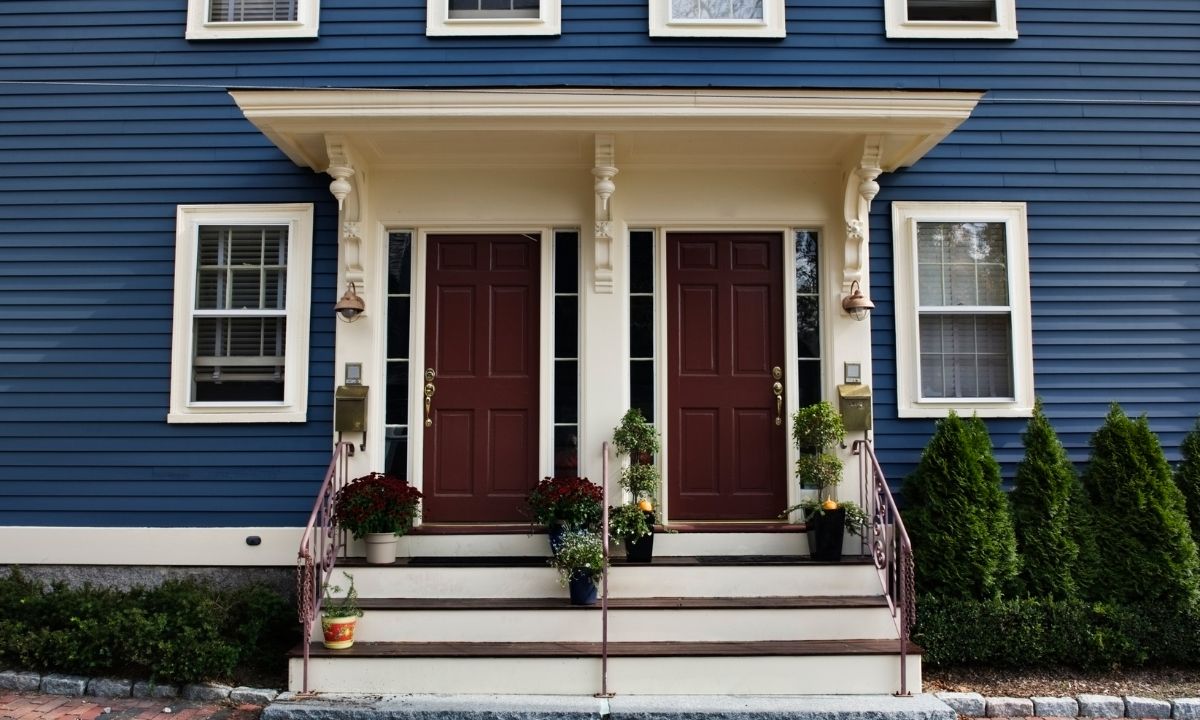House Hacking Pros And Cons Explained
 Have you ever heard of house hacking? It’s a real estate strategy that allows you to live in a property while renting out part of it to generate income. This approach helps offset your living expenses and can even pave the way to financial independence. Here’s a breakdown of what house hacking entails, along with its benefits and drawbacks.
Have you ever heard of house hacking? It’s a real estate strategy that allows you to live in a property while renting out part of it to generate income. This approach helps offset your living expenses and can even pave the way to financial independence. Here’s a breakdown of what house hacking entails, along with its benefits and drawbacks.
What Is House Hacking?
House hacking involves purchasing a property, living in one part of it, and renting out the other parts. The most common setup is buying a multi-family property (like a duplex or triplex) and renting out the other units. However, house hacking can also involve renting out extra bedrooms in a single-family home or even converting parts of your property into rental spaces, such as a basement or garage apartment.
How Does House Hacking Work?
- Purchase a Property: First, you need to find and purchase a property that suits house hacking. This could be a multi-family home or a single-family home with additional rentable spaces.
- Live in Part of the Property: You occupy one unit or part of the property as your primary residence.
- Rent Out the Rest: You lease the other units or spaces to tenants. The rental income helps cover your mortgage, property taxes, and maintenance costs.
- Manage the Property: As a house hacker, you’ll also take on the role of a landlord, which includes maintaining the property, dealing with tenant issues, and handling leases.
The Pros of House Hacking
1. Reduced Housing Costs
One of the biggest advantages of house hacking is the potential to significantly reduce or even eliminate your housing costs. The rental income can cover a substantial portion of your mortgage and other property expenses, allowing you to save money or invest it elsewhere.
2. Building Equity
By owning a property, you build equity over time as you pay down the mortgage. This equity can be leveraged in the future for additional investments or major financial needs.
3. Real Estate Experience
House hacking provides firsthand experience in real estate investing and property management. It’s an excellent way to learn the ropes before diving into more significant real estate ventures.
4. Tax Benefits
As a property owner, you may be eligible for various tax deductions, including mortgage interest, property taxes, and maintenance costs. These tax benefits can make house hacking even more financially attractive.
The Cons of House Hacking
1. Landlord Responsibilities
Being a landlord comes with its own set of challenges. You’ll need to handle maintenance issues, screen tenants, and potentially deal with difficult tenant situations. This responsibility can be time-consuming and sometimes stressful.
2. Privacy Concerns
Living in close proximity to your tenants can lead to privacy concerns. You may have to navigate noise issues or conflicts that arise from shared spaces.
3. Upfront Costs
Purchasing a property requires a significant upfront investment, including a down payment, closing costs, and potential renovations. It’s essential to have a solid financial plan in place before embarking on house hacking.
4. Market Risks
Real estate markets can be unpredictable. Property values may fluctuate, and rental demand can vary based on the location and economic conditions. These factors can impact your rental income and overall investment.
Is House Hacking Right for You?
House hacking can be a powerful strategy for those looking to reduce living expenses and gain real estate experience. It is crucial to weigh the pros and cons and assess your circumstances. If you’re willing to take on the responsibilities of property management and are financially prepared for the initial investment, house hacking could be a rewarding path toward financial independence.
House hacking is more than just a trendy term in real estate. It’s a practical approach that can lead to significant financial benefits. By understanding the potential advantages and challenges, you can make an informed decision about whether house hacking is the right strategy for you.